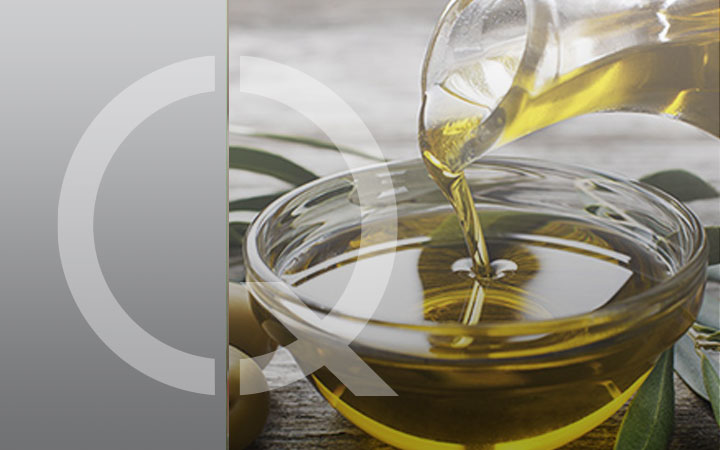
WHAT IS THAT
The "Sustainable Extra Virgin Olive Oil" DTP125 standard stems from the desire to produce EVO oil at the best of known practices to guarantee a sustainable product in the broadest sense of the term.The standard takes into consideration the size:
- environmental
- economic
- social
- commodity/nutritional/health
The goal is to characterize the olive-growing supply chain, enhancing its products and allowing the operators in the supply chain to increase the level of awareness regarding sustainability.
KEY POINTS
- Calculate the environmental performance of Extra Virgin Olive Oil (EVO) by annually measuring its level of biodiversity in the water, air and soil with the BF (Biodiversity Friend) methodology and using the PEF (Product Environmental Footprint) indicators
- Implement a sustainability system that involves the entire supply chain
- Implement a qualification system for operators and suppliers
- Implement an "unwanted substances" risk management system starting from the agricultural phase
- Implement a traceability management system at all stages of the supply chain in compliance with the ISO 22005 standard
- Implement a cross-contamination risk management procedure throughout all the processing/storage/transport phases
- Ensure full compliance with all applicable labeling regulations
- Implement good cultivation practices, olive harvesting, and subsequent processing for energy and fuel management, waste management, biodiversity management
- Implement a staff training procedure
- Define and apply a system for managing social requirements aimed at ensuring respect for workers' rights
ADVANTAGES
The added value of this standard consists in the approach to sustainability according to its fundamental pillars:- Economic: ability to generate income and work.
- Environmental: ability to maintain the quality and reproducibility of natural resources.
- Social: ability to guarantee conditions of human well-being (rights, work practices, fair operating practices, consumer protection, community involvement and development).